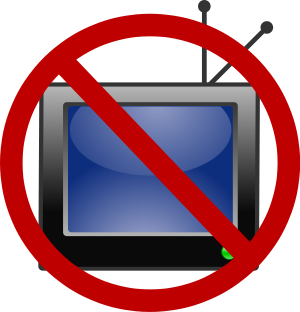
- Image via Wikipedia
I was greatly honoured to be asked to speak at the symposium held on Monday to recognize Peter Murray-Rusts’ contribution to scholarly communication. The lineup was spectactular, the talks insightful and probing, and the discussion serious, but also no longer trapped in the naive yes/no discussions of openness and machine readability, but moving on into detail, edge cases, problems and issues.
For my own talk I wanted to do something different to what I’ve been doing in recent talks. Following the example of Deepak Singh, John Wilbank and others I’ve developed what seems to be a pretty effective way of doing an advocacy talk, involving lots of slides, big images, few words going by at a fast rate. Recently I did 118 slides in 20 minutes. The talk for Peter’s symposium required something different so I eschewed slides and just spoke for 40 minutes wanting to explore the issues deeply rather than skate over the surface in the way the rapid fire approach tends to do.
The talk was, I think, reasonably well received and provoked some interesting (and heated) discussion. I’ve put the draft text I was working from up on an Etherpad. However due to my own stupidity the talk was neither livestreamed nor recorded. In a discussion leading up to talk I was asked whether I wanted to put up a pretty picture as a backdrop and I thought it would be good to put up the licensing slide that I use in all of my talks to show that livestreaming, twittering, etc, is fine and encouraging people to do it. The trouble is that I navigated to the slideshare deck that has that slide and just hit full screen without thinking. What the audience therefore saw was the first slide, which looks like this.
I simply didn’t notice as I was looking the other way. The response to this was both instructive and interesting. The first thing that happened as soon as the people running the (amazingly effective given the resources they had) livestream and recording saw the slide they shut down everything. In a sense this is really positive, it shows that people respect the requests of the speaker by default.
Across the audience people didn’t tweet, and indeed in a couple of cases deleted photographs that they had taken. Again the respect for the request people thought I was making was solid. Even in an audience full of radicals and open geeks no-one questioned the request. I’m slightly gobsmacked in fact that no-one shouted at me to ask what the hell I thought I was doing. Some thought I was being ironic, which I have to say would have been too clever by half. But again it shows, if you ask, people do for the most part respect that request.
Given the talk was about research impact, and how open approaches will enable it, it is rather ironic that by inadvertantly using the wrong slide I probably significantly reduced the impact of the talk. There is no video that I can upload, no opportunity for others to see the talk. Several people who I know were watching online whose opinion I value didn’t get to see the talk, and the tweetstream that I might have hoped would be full of discussion, disagreement, and alternative perspectives was basically dead. I effectively made my own point, reducing what I’d hoped might kick off a wider discussion to a dead talk that only exists in a static document and memories of the limited number of people who were in the room.
The message is pretty clear. If you want to reduce the effectiveness and impact of the work you’re doing, if you want to limit the people you can reach, then use restrictive terms. If you want our work to reach people and to maximise the chance it has to make a difference, make it clear and easy for people to understand that they are encouraged to copy, share, and cite your work. Be open. Make a difference.

